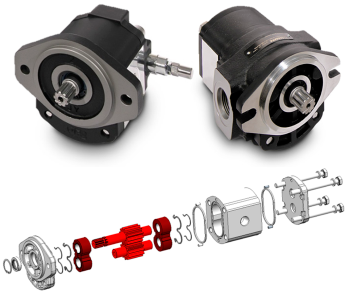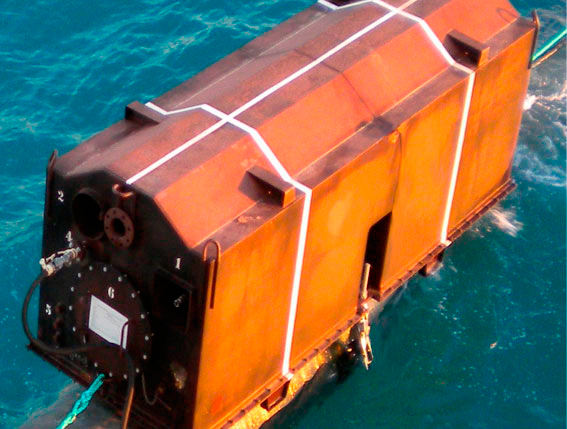FactoryTalk DataMosaix
Avete dei dati?
Iniziate a sfruttarli subito con FactoryTalk DataMosaix
FactoryTalk DataMosaix è un prodotto Rockwell Automation
FactoryTalk DataMosaix è un prodotto Rockwell Automation
FactoryTalk DataMosaix è una piattaforma avanzata di Industrial DataOps sviluppata da Rockwell Automation, progettata per semplificare l'accesso ai dati industriali complessi, integrando la Tecnologia dell'Informazione (IT), la Tecnologia Operativa (OT) e la Tecnologia Ingegneristica (ET). Questa soluzione rende i dati più accessibili, significativi e utilizzabili, permettendo alle organizzazioni manifatturiere di ottenere un valore maggiore dai vasti volumi di dati generati dai loro sistemi di produzione, migliorando l'efficienza e l'efficacia nelle decisioni.

Semplifica l'accesso a dati industriali complessi, elimina i silos informativi e accelera il processo decisionale fornendo informazioni unificate e in tempo reale.
I dati contestualizzati e gli strumenti intuitivi permettono agli esperti di settore e agli analisti di ottenere preziose informazioni e prendere decisioni informate dai dati industriali.
Le applicazioni e i connettori predefiniti, focalizzati sul settore, accelerano l'implementazione delle soluzioni Industrial DataOps, riducendo i tempi e i costi di implementazione.
Progettato per scalare con operazioni industriali grandi e complesse, FactoryTalk DataMosaix può gestire volumi di dati massicci, fornendo una visione unificata e completa delle operazioni aziendali.

Invia le tue domande ai nostri tecnici specializzati!
Mettiti in contatto con uno dei nostri esperti, che ti potrà fornire risposte certe o consigliare soluzioni affidabili.

CASE STUDY
In this technical case study, EnginSoft assists Casappa to further refine an already-optimized standard series pump for an electrical motor and generator
mechanics optimization modefrontier
CASE STUDY
The text discusses the importance of digital simulation models in modern factory design and reconfiguration, particularly in response to shorter product lifecycles and increased customization demands. Traditional design methods often lead to inefficiencies and high costs, making digital simulation essential for creating flexible and adaptable production systems. The article highlights a case study involving a furniture assembly factory, where a manufacturer needed to efficiently handle a variety of custom kitchen cabinet orders. The system integrator was tasked with designing a robotic assembly line that could maintain production efficiency despite the high variety of products.
industry4 SIMUL8

CASE STUDY
Racing engines are continuously evolved and fine-tuned to allow them to achieve extraordinary levels of performance, albeit with great complexity. However, MotoGP regulations restrict engine development by constraining some of the main design parameters.
optimization modefrontier cfd ansys rail-transport

CASE STUDY
Elettronica SpA designs and produces systems for electronic warfare. Each system design is unique according to its platform and purpose. In this article, the company describes how it used CAE to approach the challenging design of a single sandwich radome.
ansys optimization electronics

CASE STUDY
A developer of innovative equipment designed a system to simplify the towing and laying down of marine pipelines in shallow water fields.
energy modefrontier optimization oil-gas recurdyn